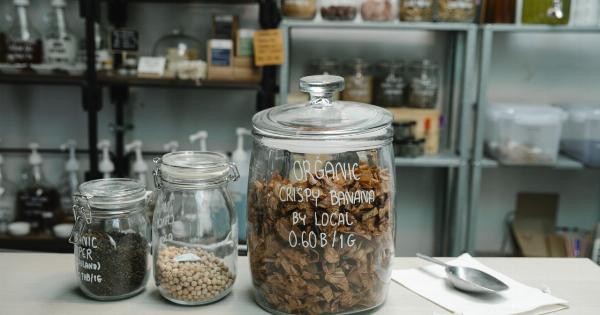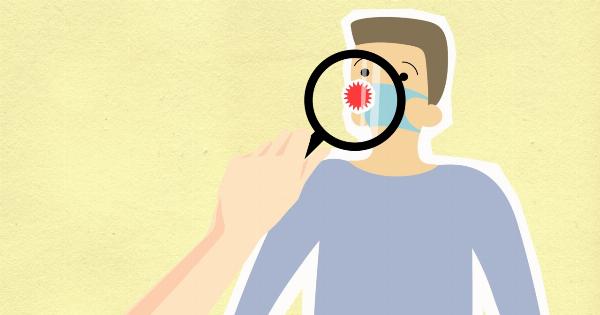Rotavia is a highly contagious respiratory disease that affects both humans and animals. It is caused by a group of viruses that can lead to severe respiratory infections, including pneumonia.
Rotavia is known to spread rapidly, which means that it can cause widespread infections in populations over a short span of time. In this article, we will discuss the dangers of Rotavia and how to avoid them.
What is Rotavia?
Rotavia is a respiratory ailment caused by the rotavirus. This virus belongs to the Reoviridae family and is known to trigger severe gastroenteritis in children.
However, it also affects adults and can lead to respiratory infections such as pneumonia and bronchiolitis. Rotavia spreads easily through contact with contaminated objects, surfaces, or droplets that come from an infected person’s coughs or sneezes.
Signs of Rotavia
The classic signs of Rotavia are fever, cough, runny nose, sore throat, and general body weakness. In most cases, these symptoms appear one to three days after exposure to the virus.
Other common signs of Rotavia include diarrhea, vomiting, and abdominal pain. Expectant mothers are at high risk of Rotavia, and the virus is known to infect the lungs of newborns and cause respiratory complications.
The Dangers of Rotavia
Rotavia is a highly contagious respiratory disease that can cause severe health complications if left untreated. The virus is known to infect the respiratory system, leading to pneumonia, bronchiolitis, and other types of respiratory infections.
These complications can be fatal, especially among young children and other vulnerable individuals, including elderly persons, pregnant women, and people with weakened immune systems.
How to Avoid the Dangers of Rotavia
Preventing Rotavia is the best way to stay safe from the virus’s dangers. Here are some simple ways to avoid the dangers of Rotavia:.
- Wash your hands frequently with soap and warm water, especially before eating or touching your face.
- Avoid close contact with infected people, especially those who have been diagnosed with Rotavia.
- Cover your mouth and nose when coughing or sneezing and dispose of any contaminated tissues immediately.
- Stay home and isolate yourself if you are feeling unwell, especially if you are experiencing the symptoms of Rotavia.
- Avoid touching surfaces and objects that may have come into contact with an infected person.
- Ensure that your living and working spaces are kept clean and free of contaminants.
The Importance of Vaccination against Rotavia
Vaccination is an essential preventative measure against Rotavia. The vaccine is highly effective and can provide long-term immunity against the virus.
The vaccine is recommended for all children and adults at risk of Rotavia, including pregnant women, people with weak immune systems, and healthcare workers. Vaccinating against Rotavia can significantly reduce the spread of the virus and prevent severe health complications.
Frequently Asked Questions about Rotavia
- Can adults get Rotavia? Yes, adults can get Rotavia. Although the virus is more common among young children, it can also infect adults and cause severe respiratory infections, pneumonia, and bronchiolitis.
- What are the signs of Rotavia in babies? Rotavia in babies usually presents with diarrhea, vomiting, fever, and abdominal pain. It is essential to seek medical attention if your baby develops these symptoms.
- What are the causes of Rotavia? Rotavia is caused by a group of viruses that can spread easily through contact with contaminated objects, surfaces, or droplets from an infected person’s coughs or sneezes.
- How is Rotavia treated? There is no specific treatment for Rotavia. However, the symptoms can be managed through home remedies such as rest, hydration, and medication to manage fever and pain. You should seek medical attention if the symptoms persist or become severe.
Conclusion
Rotavia is a highly contagious respiratory disease that can lead to severe health complications if left untreated.
However, the virus’s dangers can be avoided through preventative measures such as frequent handwashing, avoiding close contact with infected people, and vaccination. If you develop symptoms of Rotavia, seek medical attention immediately. Stay safe and stay healthy!.





























